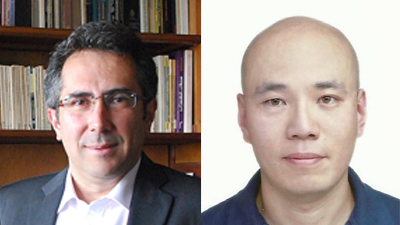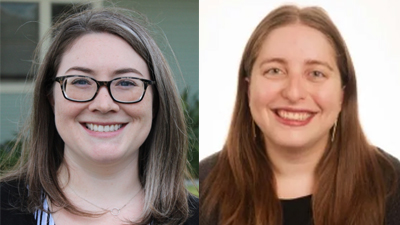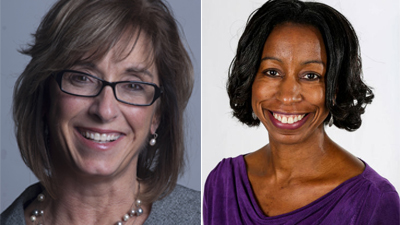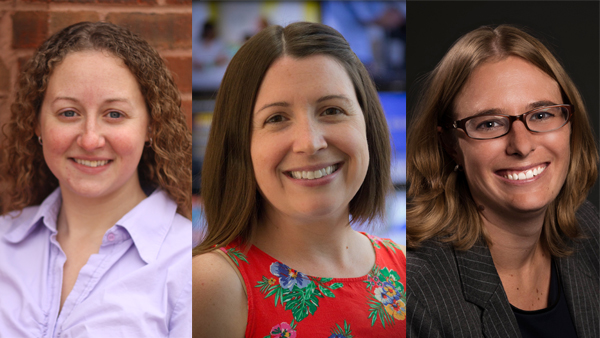
Research in Progress: Why do people share fake news on social media?
June 19, 2018
By Toby Hopp, University of Colorado at Boulder
History is full of examples of cynical actors using weaponized false information (or “disinformation”) to achieve political, social and economic ends. So, in a sense, there’s nothing really new about fake news.
And yet, there exists widespread concern about the society-shaping potential of fake news. These anxieties do not feel historic or old or well-worn in character, but instead, fresh, new, and frankly speaking, a bit frightening.
… More

Research in Progress: How can we prevent ‘fake news’ consumption?
June 6, 2018
By Hernando Rojas and Kwansik Mun, University of Wisconsin – Madison
The circulation and adoption of “fake news” and misinformation are detrimental to the functioning of any democratic system. In the communication ecosystem of the 20th Century, centralization in the distribution of information, and professional practices by journalists, sought to keep misinformation at bay.
However, in the 21st Century, emerging communication models have decentralized information distribution, accelerated the news cycle, and infused it with strategically placed misinformation… More

Correction placement affects perceived importance and credibility
June 4, 2018
• Jonathan McVerry
New research suggests online news publications can enhance credibility by rearranging their corrections.
With funding from the Arthur W. Page Center, assistant professors Kirstie Hettinga, California Lutheran University, and Alyssa Appelman, Northern Kentucky University, examined readers’ perceptions of corrections in digital news stories. The scholars’ findings suggest that The New York Times, a legacy publication with a high reputation for integrity, could increase its credibility with readers by moving article corrections from the bottom of the story to… More

Research in Progress: Successfully safeguarding the company reputation
May 29, 2018
By Michele Ewing and Cheryl Ann Lambert, Kent State University
In 2017, Kay Jewelers was falsely accused of replacing customer diamonds with fake stones. New Balance received vocal white supremacist support because of a high-level executives’ falsified expression of support for Presidential policies. The CEO of PepsiCo was accused of rejecting customers who voted for Trump via an elaborately fictionalized quote.
We know from news reports that Kay, New Balance and PepsiCo issued… More

Research in Progress: Combating the spread of fake news and misinformation on social media
May 15, 2018
By Leticia Bode, Georgetown University; Melissa Tully, University of Iowa; and Emily Vraga, George Mason University
During the 2016 United States presidential election campaign, the term “fake news” rose to prominence in popular culture and conversation. The realization that people and groups were intentionally creating, disseminating, and popularizing “news” stories that were deliberately fake—not based on any facts or evidence, and very often, only based on the creator’s imagination—struck a chord with Americans as it suggested that our… More

Graduating Page Center intern reflects on transition to ‘real world’
May 10, 2018
By Sarah Vlazny, Page Center intern and recent Penn State alumna
Graduating with public relations degree in 2018 feels a little like graduating with a law degree in a country that’s just had a regime change. Not only does it seem like the practice of public relations is undergoing more changes now than ever before, but the very definition of the profession is changing as well.
When I entered the public relations major as a freshman, I… More
Older
Newer







